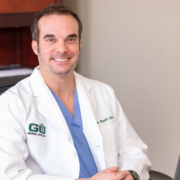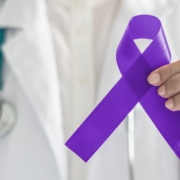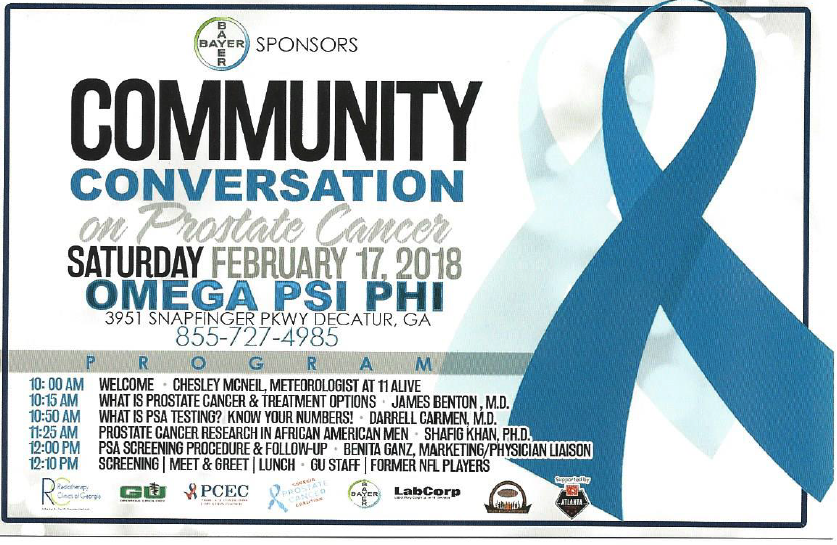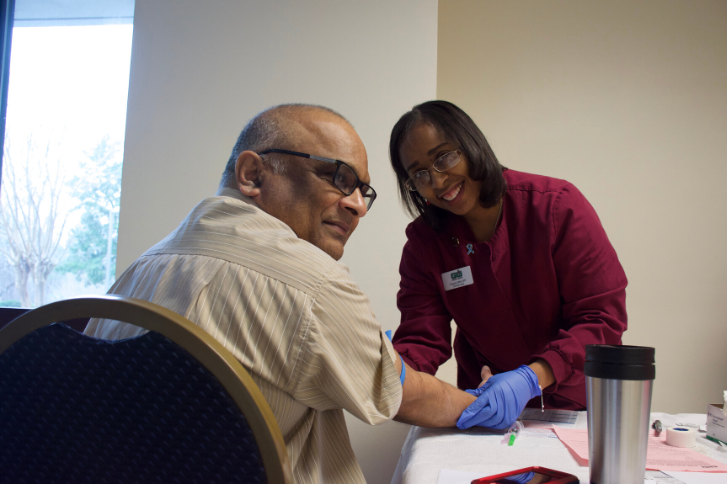Prevent Urologic Cancers from Affecting You and Your Family
By Dr. Barry M. Zisholtz, M.D., F. A. C. S.
Urologists treat many different types of cancers. The most common cancer we see is prostate cancer. However, our patients also present with bladder, kidney, penile and testicular cancer and occasionally some other very rare types cancers.
There are lots of studies and recommendations on how to decrease the risks of acquiring various types of cancer. Interestingly enough, there are a few constants and proven risk factors that can decrease the risk of developing cancer, but unfortunately, there is no way to absolutely prevent the disease if there is a genetic component.
In addition, over the years certain things that were thought to cause cancer might end up being helpful and vice versa and studies continue to be performed to better identify various risk factors.
It is important to realize that all cancers are not the same, and there are frequently genetic components to different types of cancer.
Bladder Cancer
Bladder cancer also can be partially attributed to exposure to various chemicals and paint products.
Suffice it to say, that smoking is a significant risk factor for bladder and kidney cancer and many other non-urologic cancers. Clearly, there are other risks, some known and some not known but cigarettes contain known carcinogens that can help cause cancer.
Kidney Cancer
Kidney cancer is at times related to a genetic predisposition but frequently can be attributed to smoking and other risk factors that are unknown at this time.
Prostate Cancer
Prostate cancer has been at times attributed to a high-fat diet. Approximately 15 to 20% of prostate cancer can be related to genetic predisposition.
Penile / Scrotal Cancer
Penile and scrotal cancer are related to various chemical exposure as well as the exposure to human papilloma virus which is a sexually-transmitted disease HPV
In this country cancer of the penis is quite rare likely related to the frequency of circumcision, but in other countries, cancer of the penis is much more common when routine circumcision is not performed.
Also, the prevention of STD with the use of condoms can decrease the risk of penile cancer.
General Tips
As we said earlier, the research continues and sometimes what is shown to be beneficial today is shown to be detrimental in the future.
What seems to be very humbling, is that our genes play a tremendous role.
- Environmental exposure is also very important and how much of an individual’s disease is related to their individual genetics is not known.
- We all know people that have very bad habits, such as smoking and being overweight and live a long life without developing cancer, and the opposite is also true.
- In terms of coffee intake artificial sweeteners, the use of aspirin, the use of antioxidants none of these are 100% proven to cause or prevent cancer.
So as health-conscious individuals, the best we can do is lead a healthy lifestyle, avoid smoking, exercise regularly, eat a healthy diet rich in fruits and vegetables. If there is a genetic and family history, go for frequent examinations so that early detection can hopefully save your life.
Schedule one of these examinations with one of our trusted urologists.





